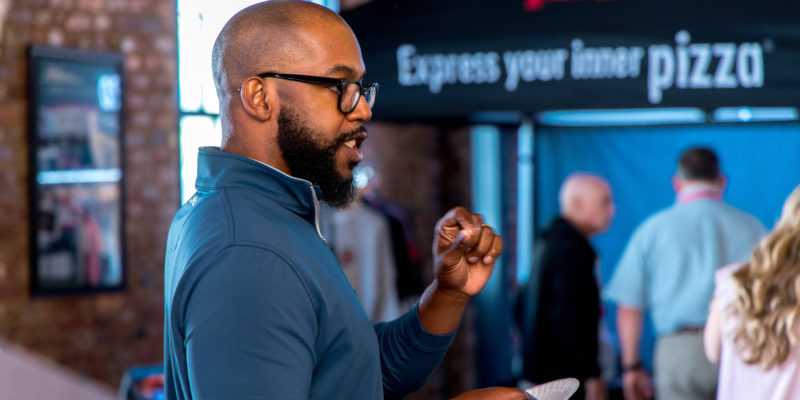How Franchisors Interact with Franchisees
In the world of franchising, the franchisor franchisee relationship is the cornerstone of success. Franchising is a unique business model where success hinges on this relationship. While franchisees operate their individual locations, they do so under the umbrella of a larger brand, guided and supported by the franchisor. This relationship is not just about following a set of rules; it’s about collaboration, communication, and mutual growth.
1. Initial Interaction: Laying the Foundation
- Exploring the Opportunity: The first step in establishing a successful franchisor franchisee relationship is through clear and open communication. Here, the franchisor provides information, answers questions, and gauges whether the candidate is a good fit for the brand.
- Franchise Agreement: The franchise agreement sets the tone for the entire franchisor franchisee relationship. Once both parties decide to move forward, the franchise agreement is signed. This legal document outlines the roles, responsibilities, and expectations of both the franchisor and franchisee.
2. Training and Onboarding: Setting Up for Success
- Comprehensive Training: A robust franchisor franchisee relationship is built on a foundation of thorough training and support. Before a new franchisee opens their doors, they undergo extensive training. This includes learning about the brand’s operations, customer service standards, and the specific systems in place to ensure consistency across all locations.
- Regular Communication: Consistent and transparent communication is key to maintaining a healthy franchisor franchisee relationship. Regular updates, meetings, and feedback channels ensure that franchisees feel supported and valued, which, in turn, promotes loyalty and trust.
3. Ongoing Support: A Continuous Partnership
- Operational Support: Franchisors regularly engage with franchisees to provide operational support. This includes everything from troubleshooting day-to-day challenges to offering strategic advice on how to improve business performance.
- Marketing & Promotions: Many franchisors offer ongoing marketing support, which can include national campaigns, promotional materials, and digital marketing tools. This helps franchisees maintain a consistent brand image while attracting and retaining customers.
4. Communication: The Lifeblood of the Relationship
- Regular Updates & Meetings: Effective communication is crucial in franchising. Franchisors often hold regular meetings, webinars, or conference calls to keep franchisees informed about new developments, upcoming promotions, and industry trends.
- Feedback Channels: A good franchisor listens to their franchisees. Whether through surveys, one-on-one calls, or franchisee advisory councils, franchisees are encouraged to share their insights, challenges, and ideas, which can help shape the future direction of the brand.
5. Collaborative Growth: Scaling Together
- Expansion Opportunities: When the franchisor franchisee relationship is strong, both parties benefit from mutual growth. As franchisees become more established, franchisors may offer opportunities for multi-unit ownership or territorial expansion. This mutual growth benefits both parties, as successful franchisees can open additional locations, while the franchisor expands their brand presence.
- Innovation & Adaptation: A dynamic franchisor franchisee relationship allows for continuous innovation. The best franchisors are always looking to innovate. They might test new products, services, or technology, and roll out successful initiatives across the franchise network, allowing franchisees to benefit from the latest industry trends.
A Win-Win Relationship
The franchisor franchisee relationship is a vital component of a successful franchise system. The relationship between franchisors and franchisees is more than just a business agreement; it’s a partnership built on trust, communication, and a shared goal of success. By working closely together, both parties can thrive, ensuring the long-term success of the brand and the individual franchises.

